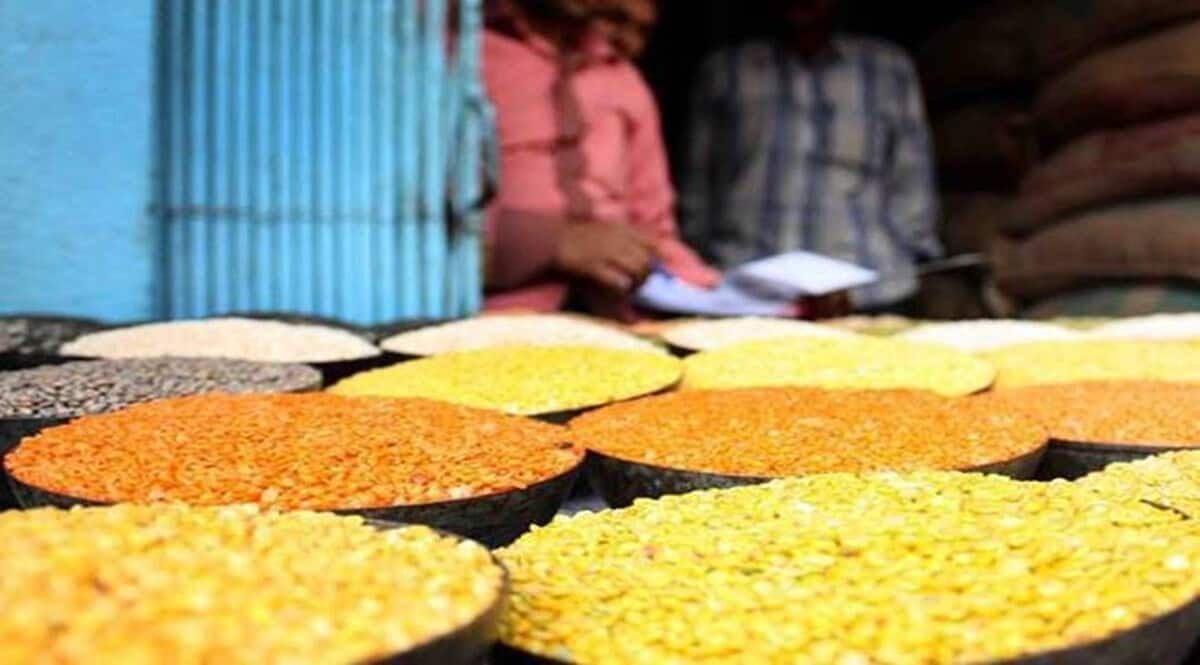Mandi prices of several agricultural commodities for which the government had announced a 5-9% increase in minimum support prices (MSPs) for the 2022-23 season are currently ruling above the MSP. Only the prices of pulses are mostly ruling below the benchmark price.
Mandi prices of oilseeds, especially soyabean, whose MSP was hiked 9% to Rs 4,300 a quintal for the next crop season are currently ruling 50% above the MSP at Rs 6,500 a quintal in Indore — a trade hub for oilseeds.
“Soyabean has been selling much above MSP, however, increase in MSP provides positive signals to farmers,” D K Pathak, executive director, Soyabean Processors Association of India, told FE.
The market prices of groundnut oil at present are ruling around Rs 6,090 a quintal in Gujarat which is around 4% above the MSP of Rs 5,850 a quintal for the coming season.
Currently, India produces about 45% of domestic edible oil consumption. Soybean and groundnut have a share of 24% and 7% respectively in domestic production.
In the case of rice, mandi prices are ruling around 4% above prices derived from the MSP of paddy announced for the Kharif 2022-23 season. FCI’s stocks of rice of around 33 million tonne (MT) at the start of the month are more than double the buffer stock requirement. With the anticipation of normal monsoon rains, rice, which is predominantly grown in the Kharif season, is expected to get a boost.
While benchmark prices for tur, moong and urad has been increased by 4.8%, 6.6% and 4.8% to Rs 6,600, Rs 7,755 and Rs 6,600 a quintal respectively, against last year while current mandi prices for tur and moong are 4.5% and 9% below MSP.
Traders say that ample imports, especially in the case of tur, have ensured adequate domestic availability while in the case of moong there has been sluggishness in demand which has pulled down the prices below MSP. Mandi prices of urad are ruling around MSP.
“With oilseeds becoming the preferred choice by growers, the hike in Kharif MSP will definitely encourage farmers to consider increasing seeding acres for pulses,” Harsha Rai, head of Mayour Global Corporation, a commodity trading farm, said.
An agriculture ministry official had said “efforts have been made over the last few years to realign the MSP in favour of oilseeds, pulses and coarse cereals to encourage farmers to shift larger areas under these crops and correct demand and supply imbalance.
India imports about 55-56% of its total domestic requirement of edible oil, while 15% of pulses consumption is met through imports.

Leave a Reply